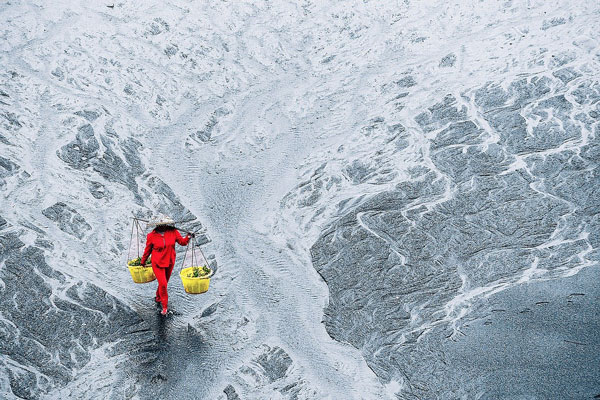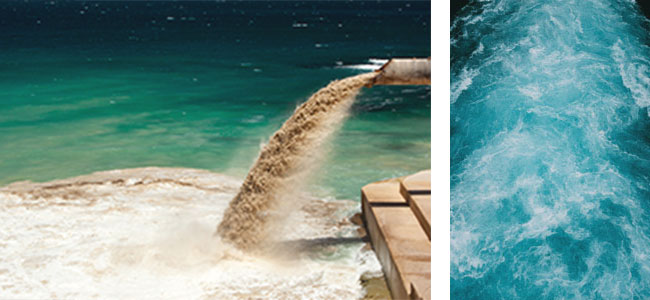Water pollution involves a risk to human health. Fecal discharges into rivers, lakes, and seas can cause serious infectious diseases such as SARS-CoV-2, the virus that currently produces the Covid-19 pandemic.
A group of Dutch scientists from the KWR Water Research Institute found traces of the coronavirus in the wastewater of a city in the Netherlands before the cases of Covid-19 were reported. This situation demonstrates a possible method of early detection in the event that the virus returns to communities.
The detection of the presence of pathogens such as viruses, bacteria, and parasites can only be carried out with accurate monitoring to ensure the safety of water for human consumption, health, agriculture, recreation and all applications with both surface water and groundwater.
Recent studies have analyzed the presence of COVID in wastewater to evidence the disease in nearby populations. One of the difficulties presented by the current health crisis of the coronavirus is the detection of the total number of people infected. The coronavirus leaves a genetic trace (RNA) that remains in the body of those infected for 20 days. It is then expelled through feces and other methods of secretion, according to the journal Nature.
Therefore, excretion of the virus in the feces of infected people causes the fecal waters to become contaminated as well. Thus, a high concentration of coliforms and e-coli in fecal water determines that the water is polluted.
The recommended levels of fecal coliform bacteria are:
- Drinking water: 0 colonies per 100 ml of the water sample
- Swimming: less than 200 colonies per 100 ml water sample
- Sailing/Fishing: less than 1,000 colonies per 100 ml of water sample
According to reports from the CSIC (Spanish National Research Council), the survival of the virus in saltwater is very low due to salt. In beach bathing areas, the danger comes from bathers’ secretions and untreated human waste. In freshwater, this risk is also present in rivers, lakes, pools, and reservoirs where the water is untreated.
The Libelium Smart Water Xtreme IoT platform allows real-time and continuous monitoring of water quality and detection of the presence of e.coli and total coliforms, which are an indicator that warns about the contamination of fecal water.
In this way, early risk alerts can be established with monitoring in treatment plants, company discharges, building sanitary systems…
The ideal instrument for this is the Proteus sensor for Plug&sense! Smart Water Xtreme. This multi-parameter probe uses fluorescence to monitor BOD, COD, TOC and Total coliforms (and variations there upon) in real-time. It provides users with a robust, repeatable, low maintenance sensor platform for measuring coliforms in real-time, no lab needed, including E. coli bacteria. It is useful for applications in drinking water, bathing (marine and fresh), waste and industrial water treatments.
The Proteus is a multi-parameter instrument that can incorporate a range of optical sensors for many types of applications. The state of the art monitoring platform incorporates the latest technology to provide accurate, reliable and minimal maintenance monitoring of Biochemical Oxygen Demand (BOD) and Dissolved Organic Carbon (DOC).
It can be used as a unique sensor, because of monitors in automatic remote. It is based on UV, fluorescence, and turbidity technology sensors.
An algorithm combines everything and estimates the number of bacteria per cm³ which offers a great competitive advantage because, until now, the only way is to take a bottle to lab, with all its costs.





























